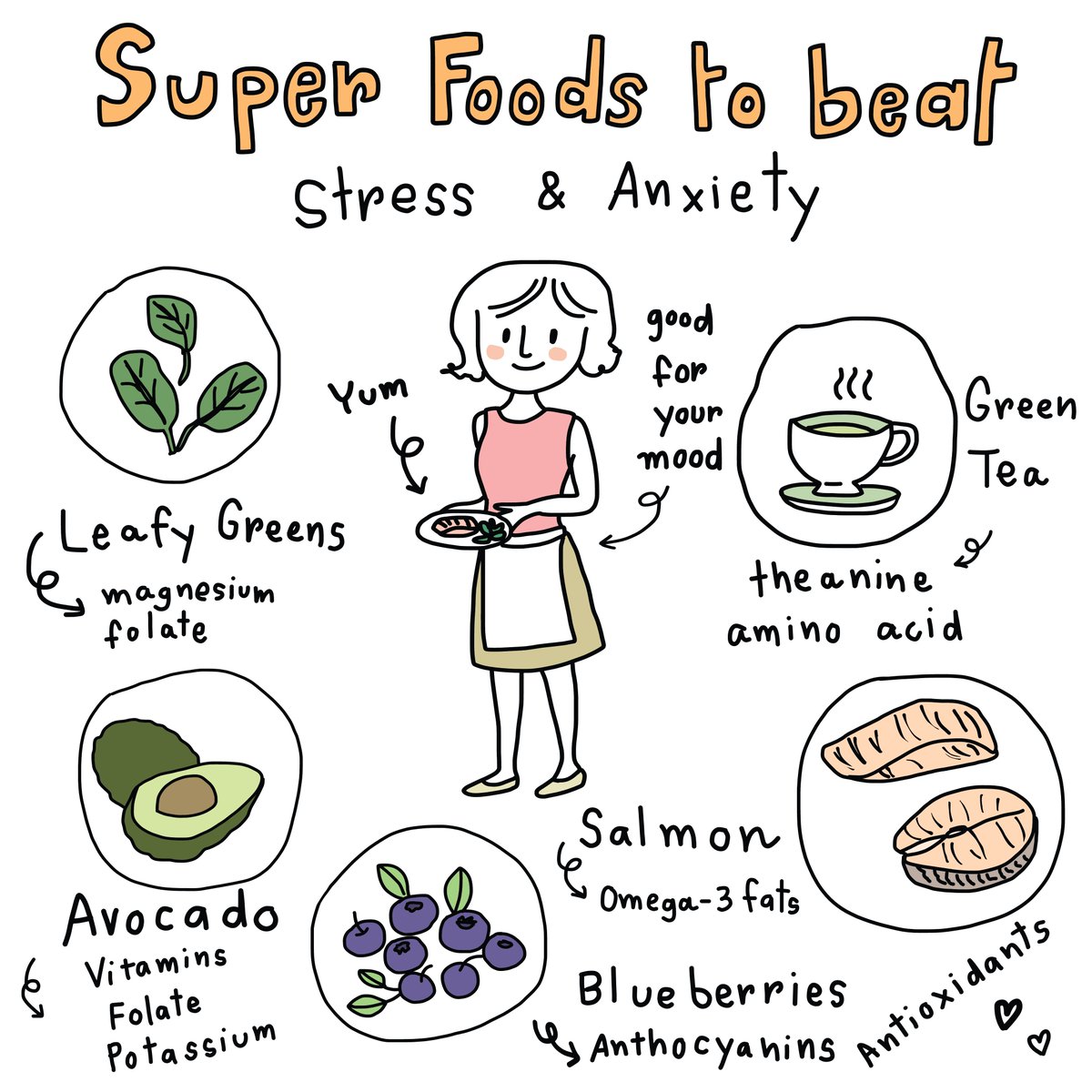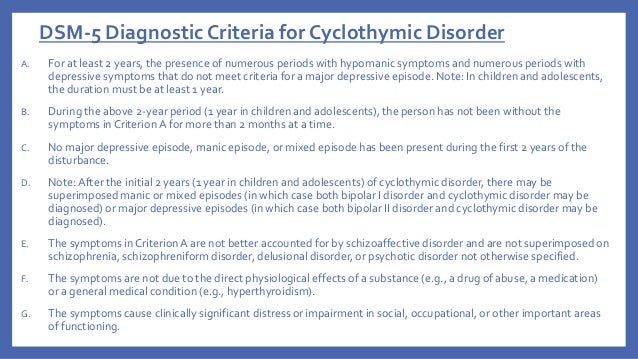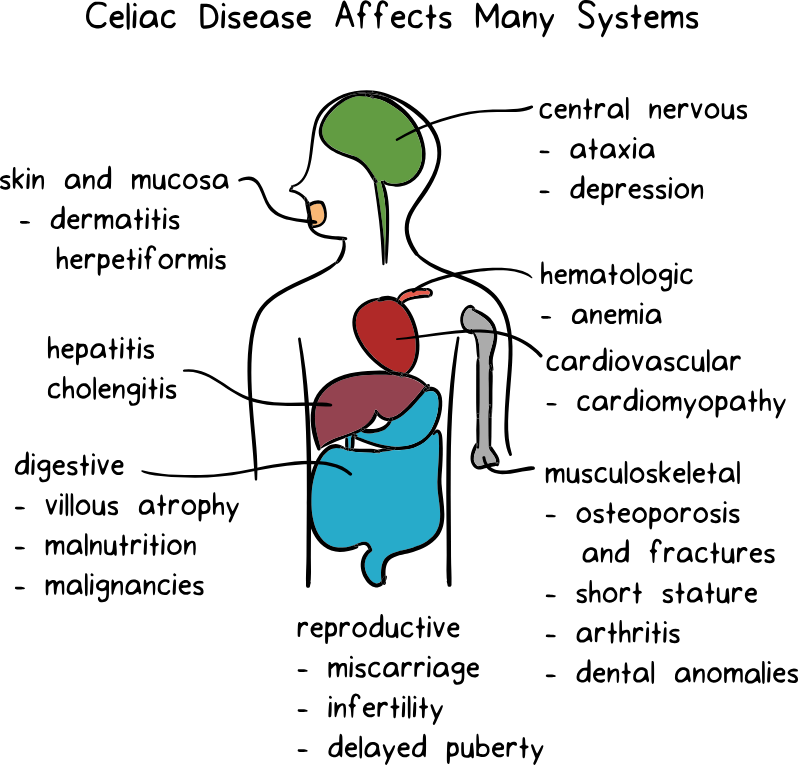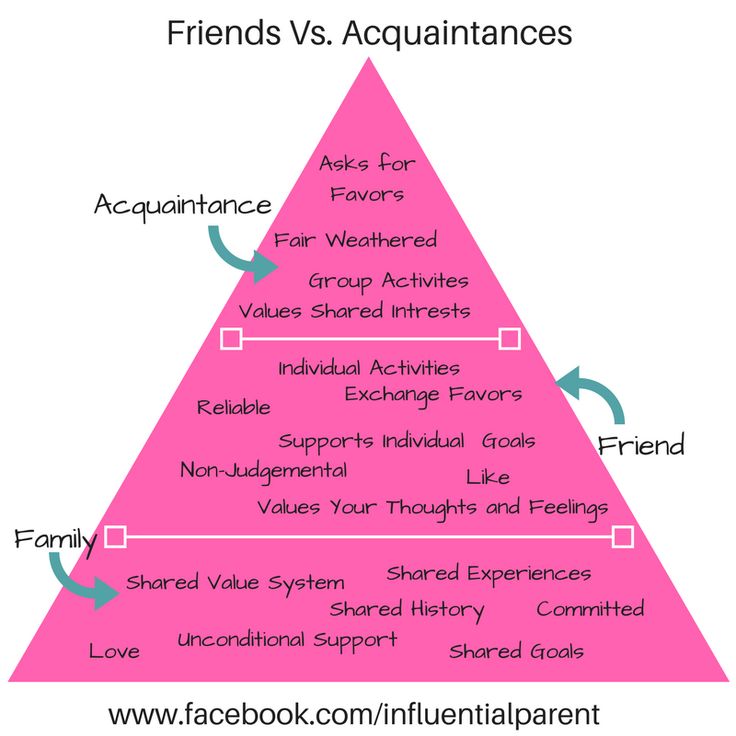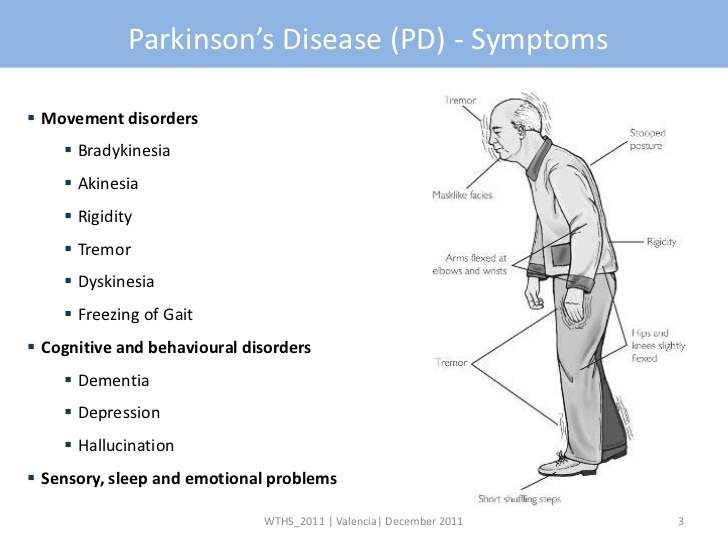Does eating help anxiety
Nutritional strategies to ease anxiety
According to the National Institute of Mental Health, anxiety disorders are the most common mental illness in the United States. That’s 40 million adults—18% of the population—who struggle with anxiety. Anxiety and depression often go hand in hand, with about half of those with depression also experiencing anxiety.
Specific therapies and medications can help relieve the burden of anxiety, yet only about a third of people suffering from this condition seek treatment. In my practice, part of what I discuss when explaining treatment options is the important role of diet in helping to manage anxiety.
In addition to healthy guidelines such as eating a balanced diet, drinking enough water to stay hydrated, and limiting or avoiding alcohol and caffeine, there are many other dietary considerations that can help relieve anxiety. For example, complex carbohydrates are metabolized more slowly and therefore help maintain a more even blood sugar level, which creates a calmer feeling.
A diet rich in whole grains, vegetables, and fruits is a healthier option than eating a lot of simple carbohydrates found in processed foods. When you eat is also important. Don’t skip meals. Doing so may result in drops in blood sugar that cause you to feel jittery, which may worsen underlying anxiety.
The gut-brain axis is also very important, since a large percentage (about 95%) of serotonin receptors are found in the lining of the gut. Research is examining the potential of probiotics for treating both anxiety and depression.
Make these foods a part of your anti-anxiety diet
You might be surprised to learn that specific foods have been shown to reduce anxiety.
- In mice, diets low in magnesium were found to increase anxiety-related behaviors. Foods naturally rich in magnesium may, therefore, help a person to feel calmer. Examples include leafy greens, such as spinach and Swiss chard. Other sources include legumes, nuts, seeds, and whole grains.

- Foods rich in zinc such as oysters, cashews, liver, beef, and egg yolks have been linked to lowered anxiety.
- Other foods, including fatty fish like wild Alaskan salmon, contain omega-3 fatty acids. A study completed on medical students in 2011 was one of the first to show that omega-3s may help reduce anxiety. (This study used supplements containing omega-3 fatty acids). Prior to the study, omega-3 fatty acids had been linked to improving depression only.
- A study in the journal Psychiatry Research suggested a link between probiotic foods and a lowering of social anxiety. Eating probiotic-rich foods such as pickles, sauerkraut, and kefir was linked with fewer symptoms.
- Asparagus, known widely to be a healthy vegetable. Based on research, the Chinese government approved the use of an asparagus extract as a natural functional food and beverage ingredient due to its anti-anxiety properties.
- Foods rich in B vitamins, such as avocado and almonds
- These "feel good" foods spur the release of neurotransmitters such as serotonin and dopamine.
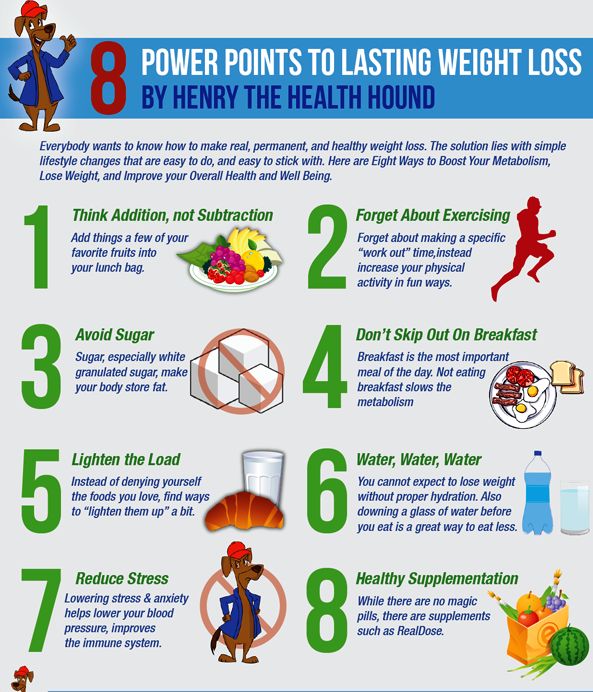 They are a safe and easy first step in managing anxiety.
They are a safe and easy first step in managing anxiety.
Should antioxidants be included in your anti-anxiety diet?
Anxiety is thought to be correlated with a lowered total antioxidant state. It stands to reason, therefore, that enhancing your diet with foods rich in antioxidants may help ease the symptoms of anxiety disorders. A 2010 study reviewed the antioxidant content of 3,100 foods, spices, herbs, beverages, and supplements. Foods designated as high in antioxidants by the USDA include:
- Beans: Dried small red, Pinto, black, red kidney
- Fruits: Apples (Gala, Granny Smith, Red Delicious), prunes, sweet cherries, plums, black plums
- Berries: Blackberries, strawberries, cranberries, raspberries, blueberries
- Nuts: Walnuts, pecans
- Vegetables: Artichokes, kale, spinach, beets, broccoli
- Spices with both antioxidant and anti-anxiety properties include turmeric (containing the active ingredient curcumin) and ginger.
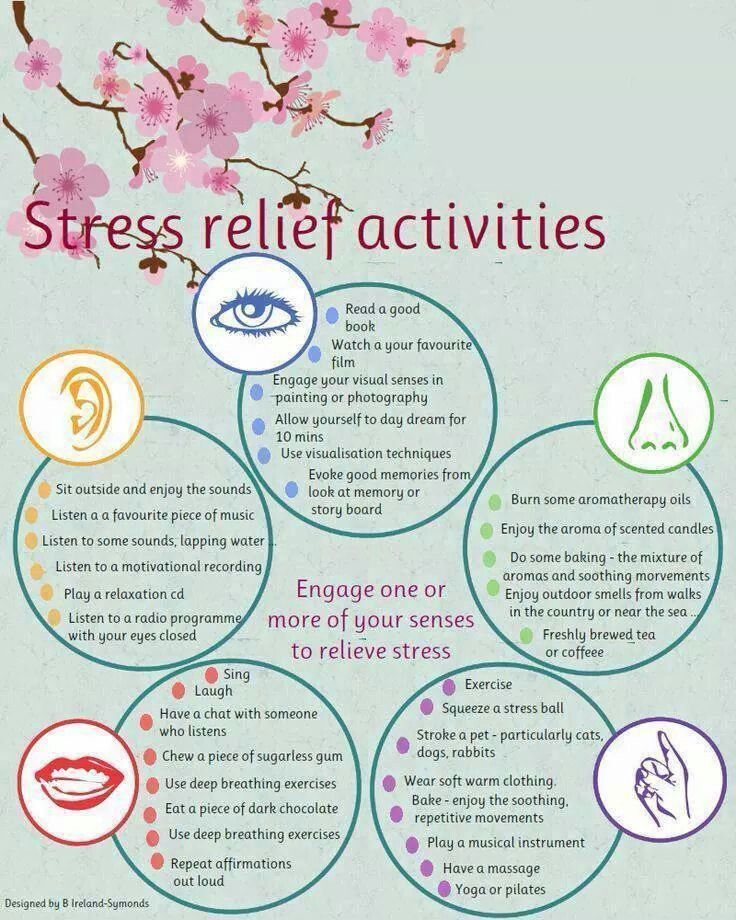
Achieving better mental health through diet
Be sure to talk to your doctor if your anxiety symptoms are severe or last more than two weeks. But even if your doctor recommends medication or therapy for anxiety, it is still worth asking whether you might also have some success by adjusting your diet. While nutritional psychiatry is not a substitute for other treatments, the relationship between food, mood, and anxiety is garnering more and more attention. There is a growing body of evidence, and more research is needed to fully understand the role of nutritional psychiatry, or as I prefer to call it, Psycho-Nutrition.
9 foods that help reduce anxiety
Following a nutrient-dense diet rich in vegetables, fruits, and other healthy foods may help some people manage their anxiety symptoms. Fatty fish, eggs, turmeric, and pumpkin seeds are among the options.
Anxiety is a widespread condition, affecting millions of people globally.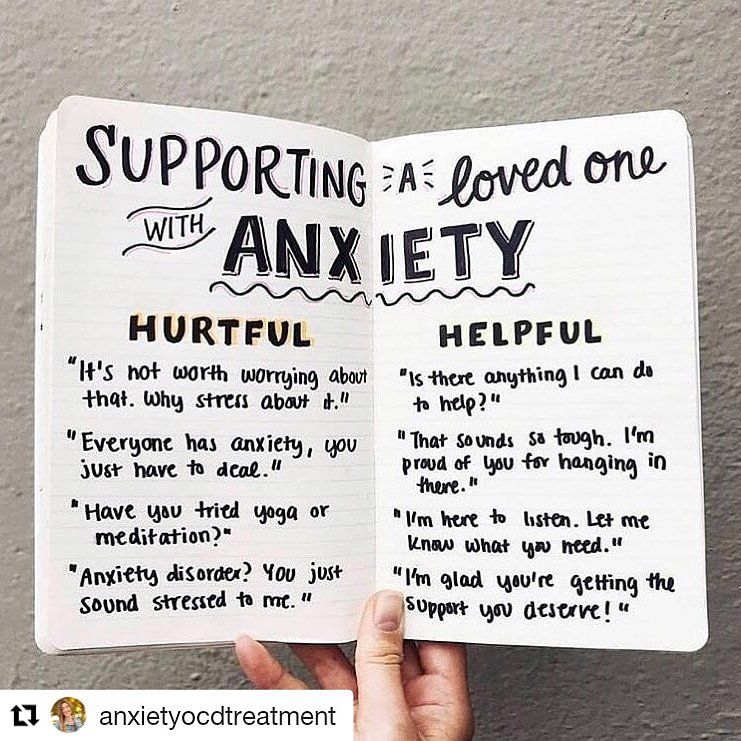 Symptoms vary, and some people experience them only now and then. However, someone who experiences symptoms for 6 months or longer may have generalized anxiety disorder (GAD).
Symptoms vary, and some people experience them only now and then. However, someone who experiences symptoms for 6 months or longer may have generalized anxiety disorder (GAD).
GAD has psychological and physical symptoms such as:
- fear
- tension
- excessive worry about everyday events and problems
- irritability
- difficulty concentrating
- issues with personal, social, and work relationships
- heart palpitations and elevated heart rate
- muscle tension
- chest tightness
Doctors often treat GAD with a combination of treatments, including talk therapy, such as cognitive behavioral therapy (CBT), and medications. Sometimes, these conventional treatments do not work long-term. However, some research suggests that proper nutrition may help improve symptoms.
Transitioning to a healthier dietary pattern rich in nutrients may help ease anxiety symptoms in some people. Overall dietary intake, along with therapy and medication, can be a helpful tool for anxiety management. Consuming the following foods may help reduce anxiety in some people.
Consuming the following foods may help reduce anxiety in some people.
1. Fatty fish
Fatty fish, such as salmon, mackerel, sardines, trout, and herring, are high in omega-3s. Omega-3s are a type of fatty acids that have a strong relationship to cognitive function and mental health.
Omega-3s
Omega-3-rich foods contain either alpha-linolenic acid (ALA) or two essential fatty acids: eicosapentaenoic acid (EPA) and docosahexaenoic acid (DHA).
EPA and DHA regulate neurotransmitters, reduce inflammation, and promote healthy brain function.
A small study on 24 people with substance misuse problems found that EPA and DHA supplementation resulted in reduced levels of anxiety. However, supplements generally contain a more concentrated form of nutrients than foods do.
A 2018 review found that reduced anxiety symptoms were associated with omega-3 polyunsaturated fatty acid treatment. The effects were stronger in participants with clinical anxiety symptoms.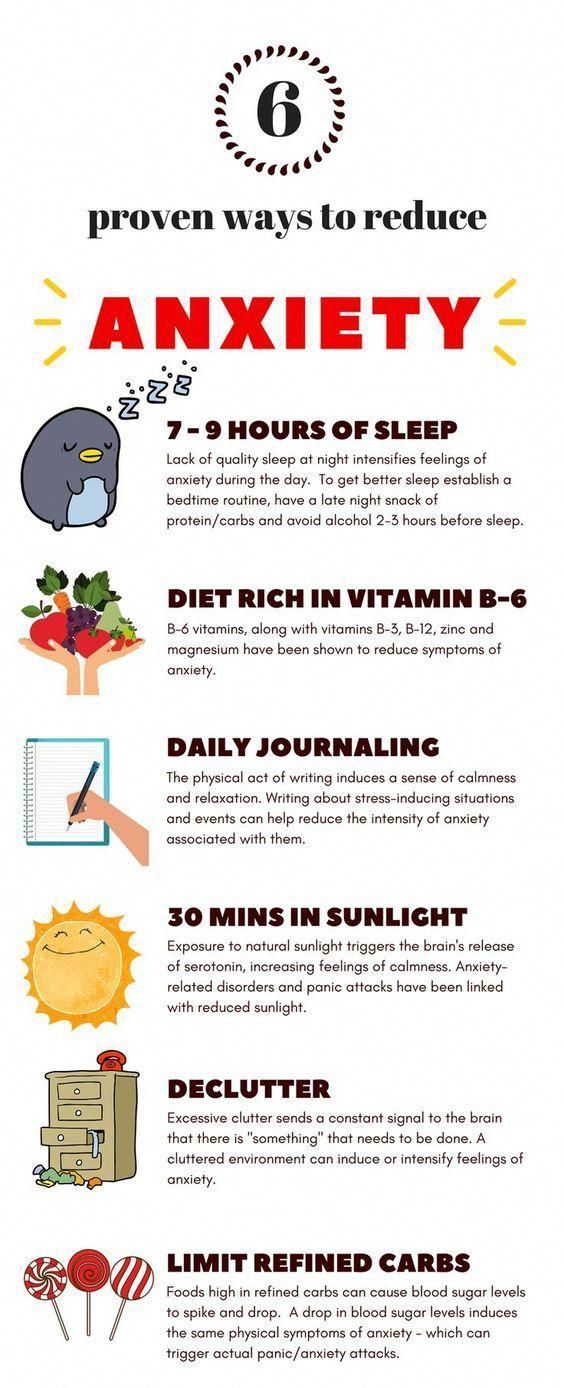
Current recommendations suggest eating at least two servings of fatty fish per week. A study conducted on men found that eating salmon three times per week reduced self-reported anxiety.
Vitamin D
Salmon and sardines are also among the few foods that contain vitamin D.
Researchers are increasingly linking vitamin D deficiency to mood disorders such as anxiety.
Research has linked low levels of vitamin D in the blood to depression and anxiety traits, though more studies are needed. People with vitamin D deficiency should consider taking high dose supplements rather than eating fatty fish alone.
Other studies on pregnant women and older adults have also highlighted how vitamin D might improve mood.
2. Eggs
Egg yolks, especially from pasture-raised hens, are another good source of vitamin D.
Eggs are also an excellent source of protein. They are a complete protein, meaning they contain all the essential amino acids the body needs for growth and development.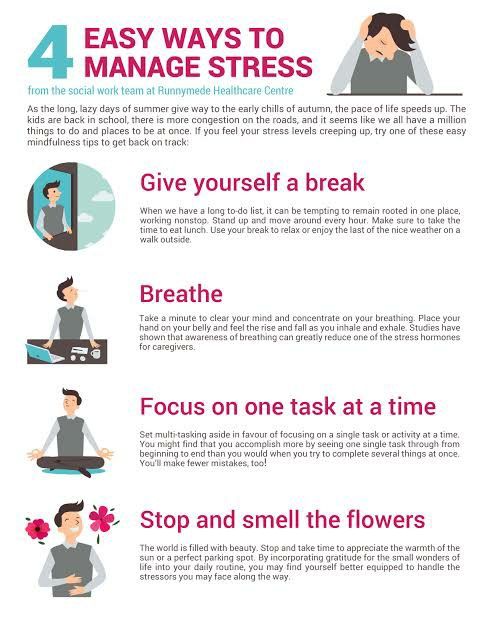
Eggs also contain tryptophan, an amino acid that helps create serotonin. Serotonin is a chemical neurotransmitter found in the brain, bowels, and blood platelets that helps regulate mood, sleep, memory, and behavior.
Serotonin is thought to improve brain function and relieve anxiety. However, it cannot cross the blood-brain barrier, meaning food and treatments containing serotonin do not supply serotonin directly but can trigger chemical reactions boosting serotonin in the brain.
Some studies suggest that diet and gut microbiota could play a role in preventing and treating symptoms related to anxiety. More research is needed to confirm whether this is possible.
3. Pumpkin seeds
Pumpkin seeds are an excellent source of potassium, which helps regulate electrolyte balance and manage blood pressure. An older 2008 study found that lower potassium and magnesium levels were associated with high levels of cortisol, a stress hormone that the adrenal glands release.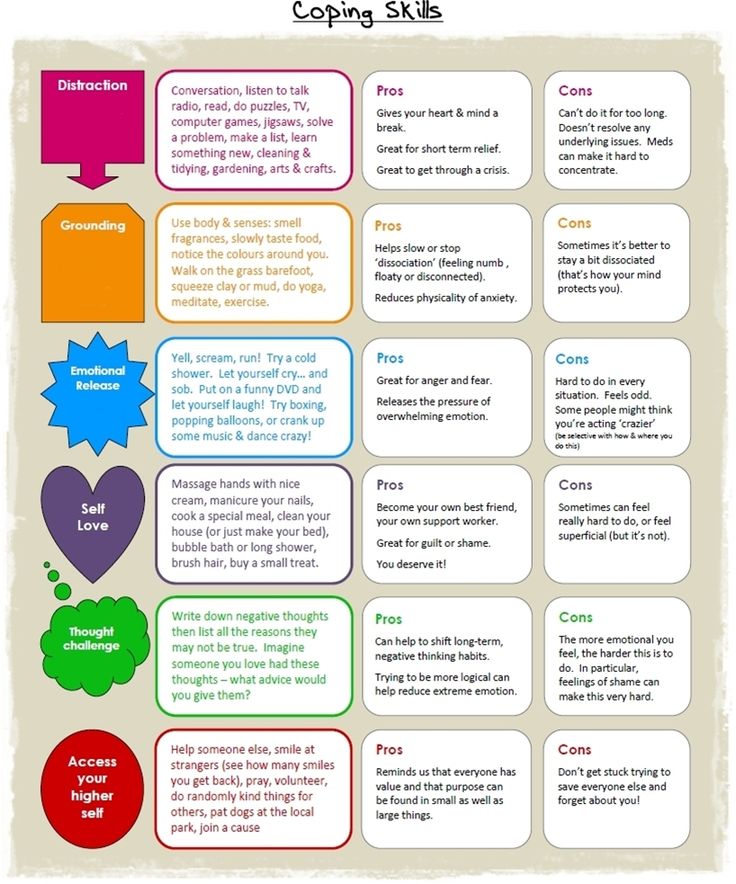
Eating potassium-rich foods, such as pumpkin seeds and bananas, may help reduce symptoms of stress and anxiety.
Pumpkin seeds are also a good source of the mineral zinc. One study carried out on 100 female high school students found that serum zinc levels were inversely related to mood disorders, including depression and anxiety. These results suggest that increasing serum levels of zinc could improve mood disorders in some people.
Zinc is essential for brain and nerve development. The largest storage sites of zinc in the body are in the brain regions involved with emotions.
4. Dark chocolate
Share on PinterestResearchers have found that dark chocolate may help reduce stress.Experts have long suspected that dark chocolate might help reduce stress and anxiety.
Some research has found that dark chocolate or cocoa may improve mood via the gut-brain axis. However, many of the existing studies on this subject are observational, so it is important to interpret the results with caution.
Although it is still unclear how dark chocolate may improve mood or stress, dark chocolate is a rich source of polyphenols, especially flavonoids. One study suggests that flavonoids might reduce neuroinflammation and cell death in the brain as well as improve blood flow.
Chocolate has a high content of tryptophan, which the body uses to turn into mood-enhancing neurotransmitters such as serotonin in the brain.
Dark chocolate is also a good source of magnesium. Eating a diet with enough magnesium in it or taking supplements may reduce symptoms of stress and anxiety.
People with magnesium deficiency should consider taking high dose supplements rather than eating dietary sources alone.
When choosing dark chocolate, aim for 70% cacao or more. Dark chocolate still contains added sugars and fats, so a small serving of 1–3 grams (g) is appropriate.
5. Turmeric
Turmeric is a spice commonly used in Indian and Southeast Asian cooking. The active ingredient in turmeric, called curcumin, may help lower anxiety by reducing inflammation and oxidative stress that often increase in people experiencing mood disorders such as anxiety and depression.
A 2015 study found that 1 g of curcumin per day reduced anxiety in adults with obesity. People should discuss supplementation with their doctor if they are interested in high dose curcumin products.
Another study found that an increase of curcumin in the diet also increased DHA and reduced anxiety. Turmeric is easy to add to meals. It has minimal flavor, so it goes well in smoothies, curries, and casserole dishes.
6. Chamomile
Many people around the world use chamomile tea as an herbal remedy because of its anti-inflammatory, antibacterial, antioxidant, and relaxant properties.
Some people believe that the relaxant and anti-anxiety properties come from the flavonoids present in chamomile.
One study found that taking 1,500 milligrams (mg) of chamomile extract per day (a 500-mg capsule three times per day) did reduce anxiety symptoms. However, it did not prevent new episodes of anxiety.
Chamomile tea may be useful in managing anxiety. It is readily available and safe to use in high doses.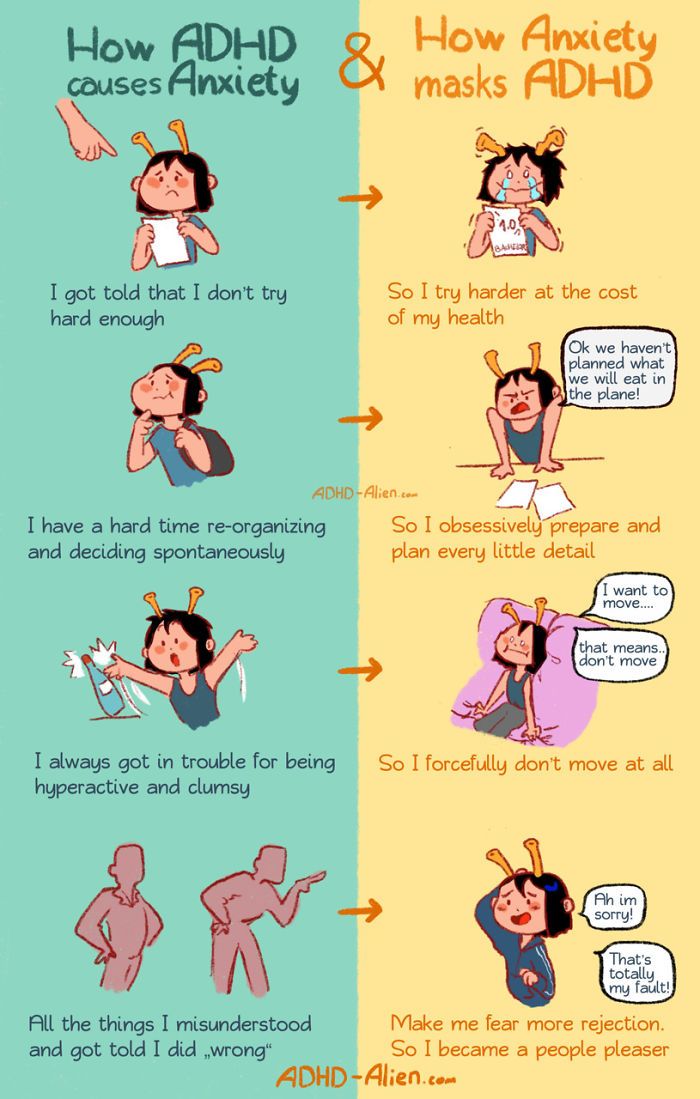
7. Yogurt
Yogurt contains the healthy bacteria Lactobacillus and Bifidobacteria. Emerging evidence suggests that these bacteria and fermented products have positive effects on brain health.
According to a 2017 clinical review, yogurt and other dairy products may also produce an anti-inflammatory effect in the body. Some research suggests that chronic inflammation may be partly responsible for anxiety, stress, and depression.
A 2015 study found fermented foods reduced social anxiety in some young people, while multiple studies have found that consuming healthy bacteria can increase happiness in some people.
Including yogurt and other fermented foods in the diet can benefit the natural gut bacteria and may reduce anxiety and stress.
Fermented foods include cheese, sauerkraut, kimchi, and fermented soy products.
8. Green tea
Green tea contains an amino acid called theanine, which has been subject to increasing scrutiny because of its potential effects on mood disorders.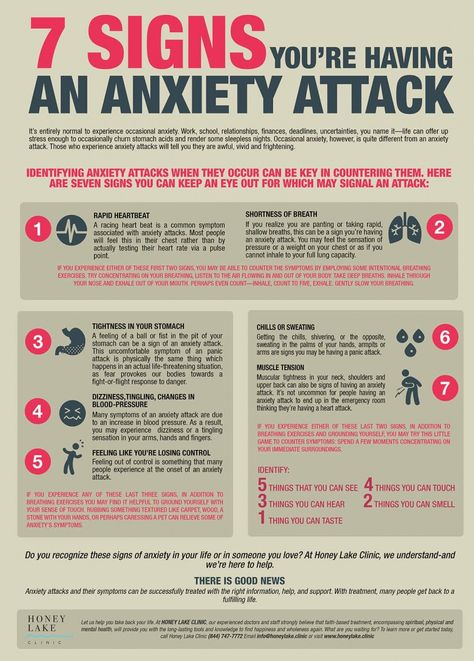 Theanine has anti-anxiety and calming effects and may increase the production of serotonin and dopamine.
Theanine has anti-anxiety and calming effects and may increase the production of serotonin and dopamine.
A 2017 review found that 200 mg of theanine improved self-reported relaxation and calmness while reducing tension in human trials.
Green tea is easy to add to the day-to-day diet. It is a suitable replacement for soft drinks, coffee, and alcoholic beverages.
9. Brazil nuts
Share on PinterestBrazil nuts contain selenium, which may help improve mood.Brazil nuts are high in selenium. Selenium may improve mood by reducing inflammation, which is often at heightened levels when someone has a mood disorder such as anxiety.
Selenium is also an antioxidant, which helps prevent cell damage.
Other nuts, animal products, and vegetables, such as mushrooms and soybeans, are excellent sources of selenium as well.
It is important not to consume too much selenium, as it can cause side effects. The recommended upper limit for selenium for an adult is 400 micrograms per day.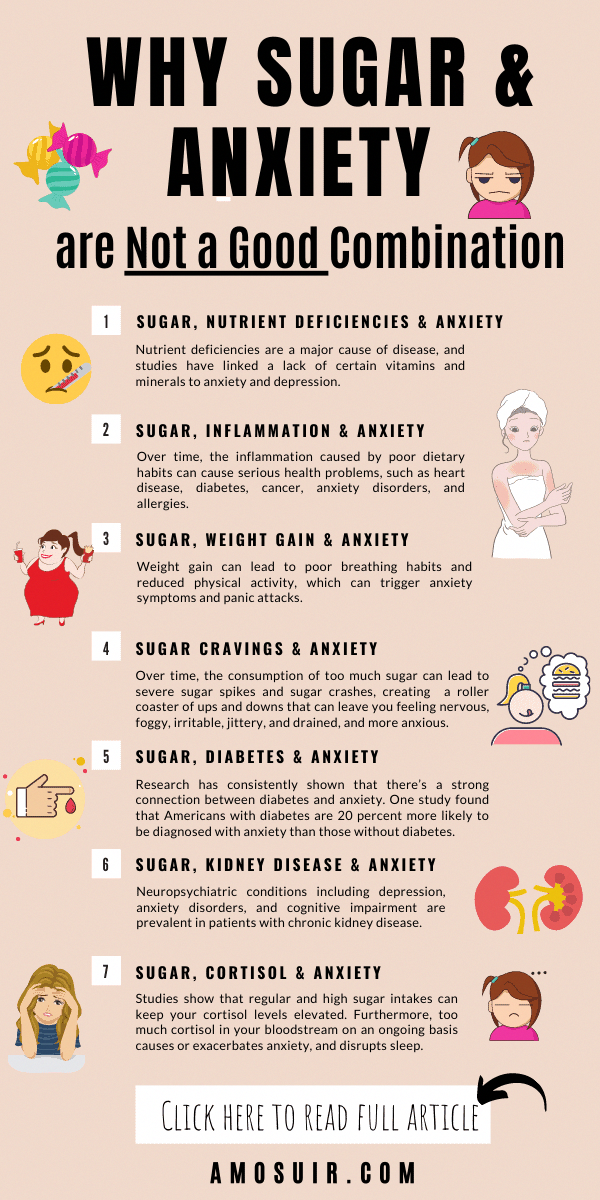 Be careful not to take high dose supplements or eat more than three or four Brazil nuts per day.
Be careful not to take high dose supplements or eat more than three or four Brazil nuts per day.
Brazil nuts and other nuts are also good sources of vitamin E, an antioxidant. Antioxidants can be beneficial for treating anxiety, and some research has shown that low levels of vitamin E may lead to anxiety in children.
A rodent study found that Brazil nuts can help address anxiety and obesity in mice. However, more human studies are necessary.
Share on PinterestSwiss chard contains magnesium, which may help ease anxiety.
It is best to eat a varied and balanced diet that includes high quality, nutrient-dense carbohydrates, fats, and proteins.
Aim for whole foods, vegetables, fruit, legumes, whole grains, lean meats, and especially fish. Other foods that may help include:
- turkey and other tryptophan-containing foods, such as eggs, dark chocolate, cheese, pineapple, bananas, oats, and tofu
- nuts, especially almonds — an excellent source of vitamin E that may help prevent vitamin E deficiency, which is linked to mood disorders
- chia seeds, which are a good source of omega-3s
- protein sources, such as lean meat, fish, nuts, and dairy, which provide amino acids that the body converts into mood-lifting neurotransmitters such as serotonin
- spinach and Swiss chard, which are both high in magnesium
- fruits such as berries, cherries, and citrus
Evidence increasingly shows that diets high in processed foods can increase anxiety.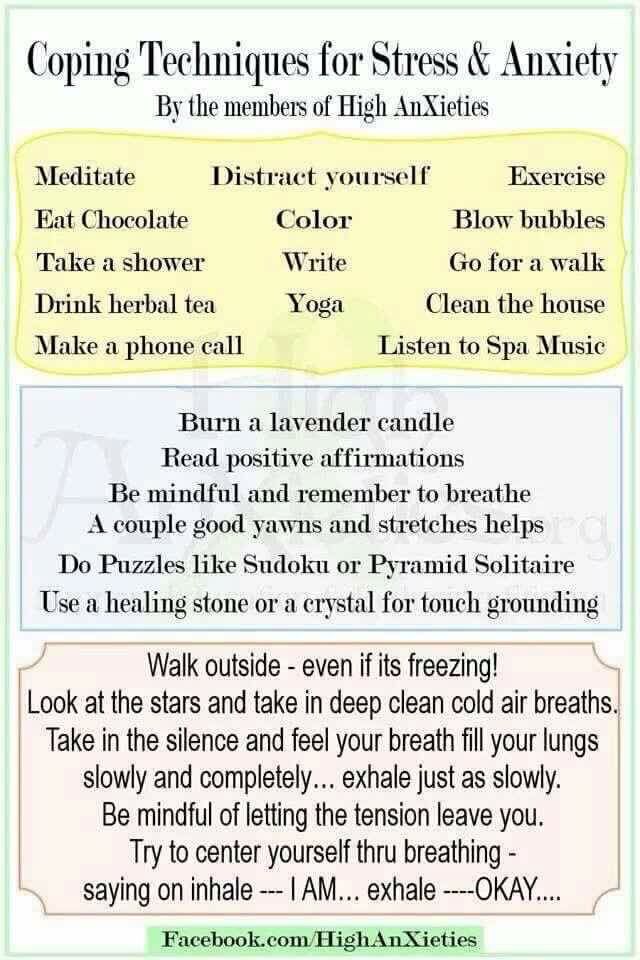
When a person is experiencing anxiety and stress, it is always best for them to seek out a specialist, such as a psychologist.
Sometimes, a doctor or mental health professional may recommend talk therapy such as CBT to manage anxiety and stress. Doctors or psychiatrists may prescribe medications such as serotonin-norepinephrine reuptake inhibitors (SNRIs), selective serotonin reuptake inhibitors (SSRIs), or benzodiazepines.
People should follow a doctor’s instructions when using these drugs, as they can have severe and possibly life threatening adverse effects.
Eating a healthy diet should provide all the nutrients needed for healthy brain function.
A nutritious diet that contains antioxidant and anti-inflammatory compounds, vitamins, and minerals might help reduce inflammation and oxidative stress.
12 Foods for Stress and Anxiety
When we are nervous, we often try to cope with negative emotions by trying to eat them. You know what kind of food it is: something fatty, sweet, or vice versa, salty.
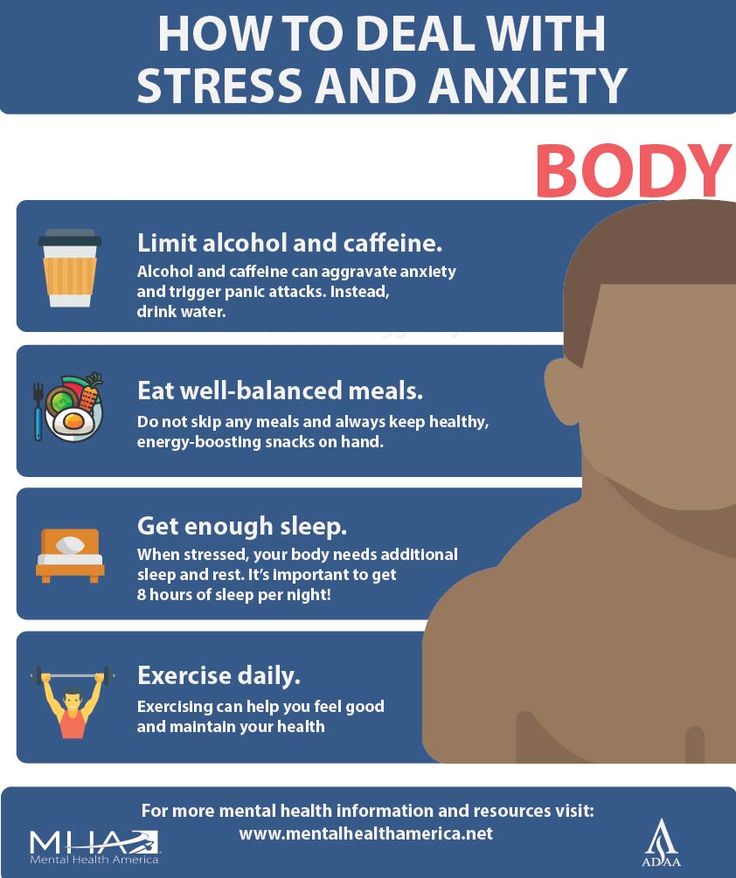 In general, completely useless. In the meantime, there are foods that contain vitamins, fats and micronutrients that can ease stress and support your body during difficult times.
In general, completely useless. In the meantime, there are foods that contain vitamins, fats and micronutrients that can ease stress and support your body during difficult times. You don't have to go on a diet of the foods listed below, but if you add 1-2 to your daily intake, you'll already be doing well for yourself and your body. And remember that in case of severe stress and anxiety, you need to consult a doctor (for example, a neurologist), who will prescribe the necessary supportive therapy. nine0005
1. Spinach
Spinach and other leafy salads are rich in magnesium. This microelement reduces anxiety and anxiety, and is also used in the treatment of attention deficit disorder. All you need is a cup of spinach leaves a day, for example, in the form of a smoothie.
2. Whole grains
All carbohydrates stimulate our brain to produce serotonin, one of the hormones that helps balance mood, sexual desire, appetite, sleep, memory and more. Eat whole grain bread, brown rice, and oatmeal to boost your serotonin levels naturally.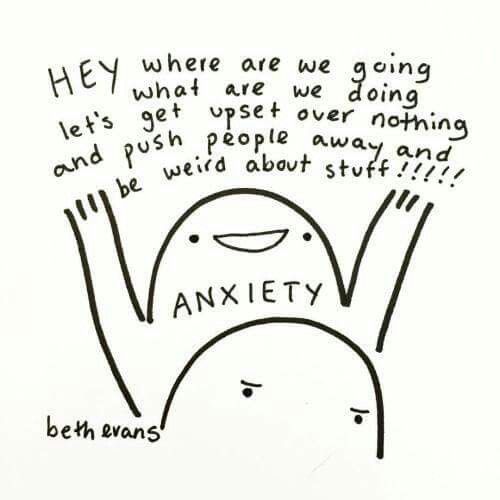 nine0005
nine0005
3. Almonds
Almonds, like spinach, contain a lot of magnesium, so if you are not a greenfinch fan, then you have a very tasty substitute for yourself. Magnesium helps to normalize sleep, wake up and get out of bed more easily and recover better during rest. Don't want to chew nuts? Try making almond milk, which can be used to make cereals and smoothies.
4. Avocado
Half an avocado contains more potassium than one banana. And potassium, by the way, helps lower blood pressure. In addition, avocados are rich in monosaturated fats, vitamins, and fiber. nine0005
5. Bananas
Still, one cannot but mention bananas, which contain a lot of magnesium, potassium and the amino acid tryptophan, which together are very helpful against insomnia. The fact is that tryptophan is closely associated with the “production” of serotonin and melatonin, the two main neurotransmitters responsible for regulating sleep.
6. Oranges
Oranges are rich in vitamin C, which reduces the "stress hormone" cortisol, blood pressure, and also strengthens the immune system.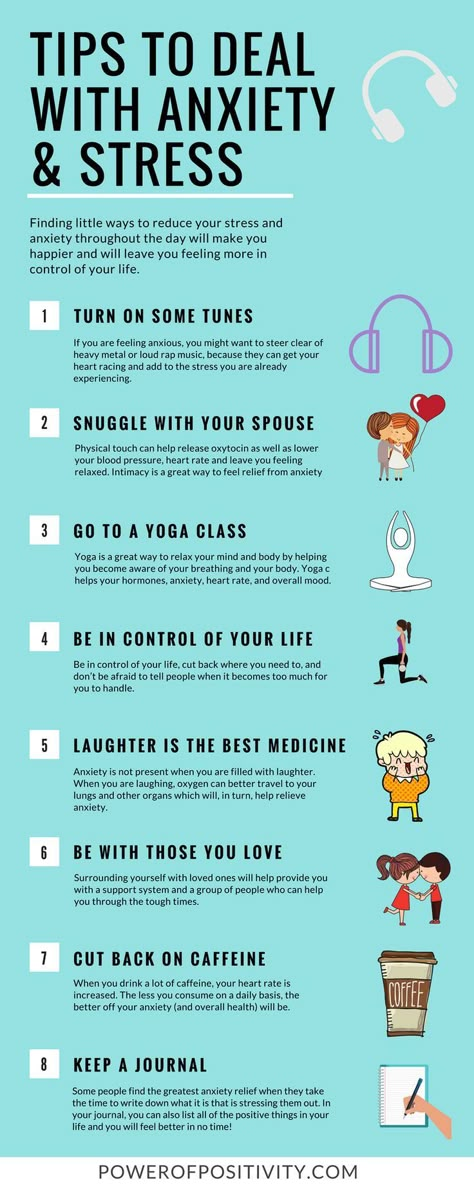 According to the University of Maryland, large doses of vitamin C reduce physical and mental responses to stress. nine0005
According to the University of Maryland, large doses of vitamin C reduce physical and mental responses to stress. nine0005
7. Salmon
Wild salmon is an important food source for omega-3 fatty acids. They help prevent the rise of stress hormones, fight inflammation and anxiety.
8. Nuts
Pistachios and walnuts are rich in many vitamins and minerals, including vitamin B21 and vitamin E, which support the immune system. These nutrients will strengthen you when you are stressed or anxious.
9. Yoghurt
According to WebMD, diets that include probiotic foods (such as some types of yogurt) can change the body's response to stress. Gastrointestinal problems often go hand-in-hand with anxiety, and probiotics help reduce inflammation in the gut, which adds calmness during times of stress. You can read how to make healthy homemade yogurt from pharmacy sourdough here.
10. Sunflower or chia seeds
Chia and sunflower seeds contain tryptophan, an amino acid that promotes the release of the hormone serotonin in the brain.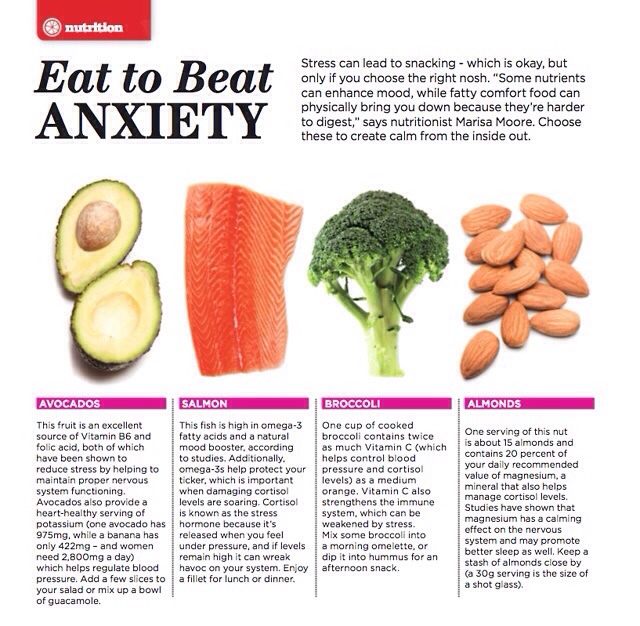 Thanks to serotonin, we experience calmness, which helps to reduce anxiety. We wrote about other beneficial properties of chia (recipes and recommendations) here. nine0005
Thanks to serotonin, we experience calmness, which helps to reduce anxiety. We wrote about other beneficial properties of chia (recipes and recommendations) here. nine0005
11. Asparagus
Low folate levels may be partly responsible for making us feel anxious and depressed. Asparagus is rich in folic acid and all you need is one cup a day to get two-thirds of your recommended daily allowance.
12. Dark chocolate
Read more about chocolate here, and how to choose the right chocolate here. Recall that real dark chocolate contains many useful trace elements (iron, calcium, magnesium) and antioxidants. And there is no chemical dependence on chocolate! nine0005
Source.
what foods will help get rid of anxiety - Moscow 24, 04/01/2022
April 01, 2022, 13:56
society
Nutritionists know that stress, insomnia and beriberi can be easily overcome with proper nutrition. A balanced diet combined with healthy sleep, outdoor activities and positive thinking can work wonders. We tell you what foods you should definitely include in an anti-stress diet in order to restore peace of mind and get rid of anxiety. nine0065
We tell you what foods you should definitely include in an anti-stress diet in order to restore peace of mind and get rid of anxiety. nine0065
Turkey and broccoli
Photo: "VLAVKE"
Turkey meat is a time-proved tasty and dietary product with many useful properties. For example, it contains vitamins B2, B12, B6, as well as elements such as potassium, selenium, magnesium and others.
It is noteworthy that in terms of phosphorus content, the meat of this bird is almost as good as fish. Moreover, turkey is an excellent source of protein, which is an indispensable building material for the human body. Also, this product contains the amino acid tryptophan, which helps to elevate mood and improve mental balance. nine0005
To get the most out of your turkey, give preference to farm-raised birds. The tender breast fillet is suitable for roasting, meatballs, chops, rolls and sausages. The thigh makes an excellent stew, kebab, roast and other hearty dishes. They should be supplemented with broccoli - another anti-stress product.
This vegetable is rich in nutrients. Broccoli is a source of vitamins K, A, C, omega-3, potassium and copper. No wonder it is called the "queen of cabbage". Due to the large amount of fiber in the composition, it helps to normalize the processes of digestion. nine0005
In addition, this product contains B vitamins and folic acid, which reduce anxiety. Broccoli is perfect for any meal as a side dish, be it salad, vegetable stew or casserole. You can also make a tender and rich cream soup from it.
Fatty fish and avocado
Photo: VLAVKE
Fatty fish such as salmon or herring are an excellent source of omega-3 fatty acids, omega-6 fatty acids, and vitamin D. All these elements not only strengthen immunity, but also have a beneficial effect on mood. In particular, they help reduce symptoms of depression. However, regular consumption of oily fish reduces the risk of dementia and cardiovascular disease. nine0005
Tender and juicy herring can be served sliced with onions and vegetable oil or added to a salad. Also with this fish you get mouth-watering sandwiches - a tasty and healthy snack for any time of the day. Fans of red fish can replace the herring with salmon. Its delicate meat is also great for sandwiches. In this case, you should wisely approach the choice of bread.
Also with this fish you get mouth-watering sandwiches - a tasty and healthy snack for any time of the day. Fans of red fish can replace the herring with salmon. Its delicate meat is also great for sandwiches. In this case, you should wisely approach the choice of bread.
Whole grains are best because they are rich in dietary fiber for good bowel function. In addition, complex carbohydrates, which include whole grain bread, help fight stress, as they promote the production of serotonin. To make a truly anti-stress sandwich, you can add avocado to salmon. Due to vitamin B, this nutritious fruit has a positive effect on the nervous system. nine0065
Oatmeal and dark chocolate
Photo: VLAVKE
Like whole grain bread, oatmeal is a complex carbohydrate. Accordingly, this porridge can also be a good way to deal with stress. Hercules contains a huge amount of useful micro and macro elements, including magnesium, phosphorus, zinc, iron, vitamins B, E and PP. From oatmeal, you can cook not only porridge, but also many other delicious dishes.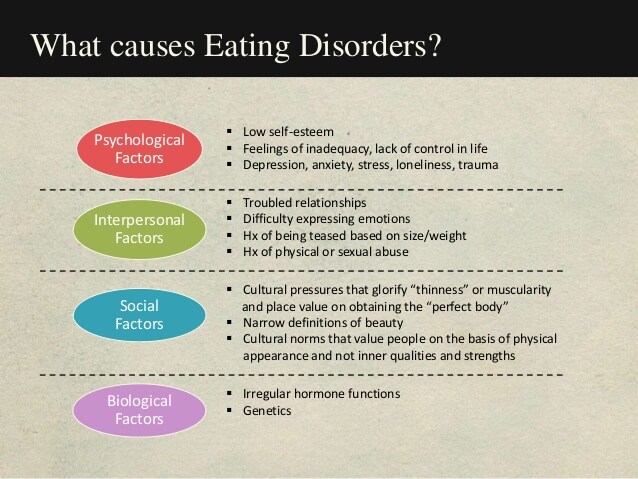 For example, meatballs or oatmeal cookies.
For example, meatballs or oatmeal cookies.
The latter can be flavored with pieces of dark chocolate. This product is famous for its beneficial properties, among which is the ability to lower the level of the stress hormone cortisol in the body. In addition, chocolate contains flavonoids, which have an antioxidant effect. If a person overworks and eats a piece of this sweetness, then his attentiveness may increase slightly. Also, the use of chocolate is associated with the production of “hormones of happiness”: the composition of the treat contains tryptophan, which promotes the production of endorphins. nine0005
Another superfood in the fight against stress is nuts. Hazelnuts, cashews and almonds contain folic acid and magnesium, which help protect the nervous system from overexertion. In addition, they contain vitamins E, B2, and zinc. These elements are involved in the production of serotonin. If you eat a handful of nuts in the morning, you can charge yourself with a good mood and vivacity for the whole day.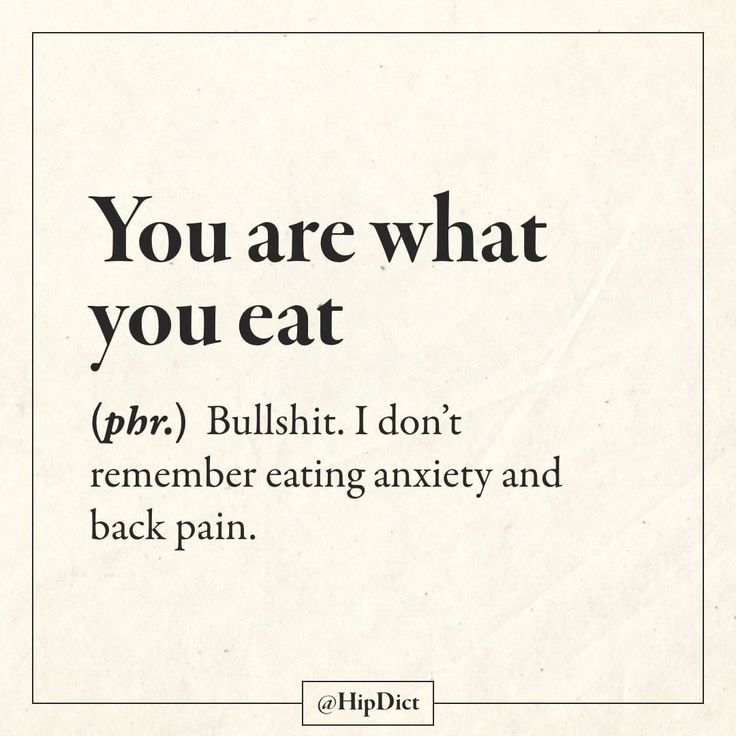
Herbal and green tea
Photo: "VLAVKE"
Herbal teas are one of the best natural relaxants that calm the nerves. Doctors recommend brewing them before bed. It is better to give preference to drinks that include lemon balm, mint, chamomile and oregano. They help reduce blood pressure and help you fall asleep quickly. In addition, regular consumption of such teas will improve sleep quality. nine0005
Green tea is also considered an effective remedy for anxiety and stress. It contains the amino acid theanine, which helps the mind and body relax. This substance has also been linked to improved overall well-being and brain function. By itself, green tea has long been used in medicine in different countries, is considered a powerful antioxidant and has anti-inflammatory properties.
These and other high quality products can be ordered from VLAVKA without any nerves. A wide choice of suppliers, as well as the ability to buy the right goods without queues, is the key to a pleasant shopping experience.